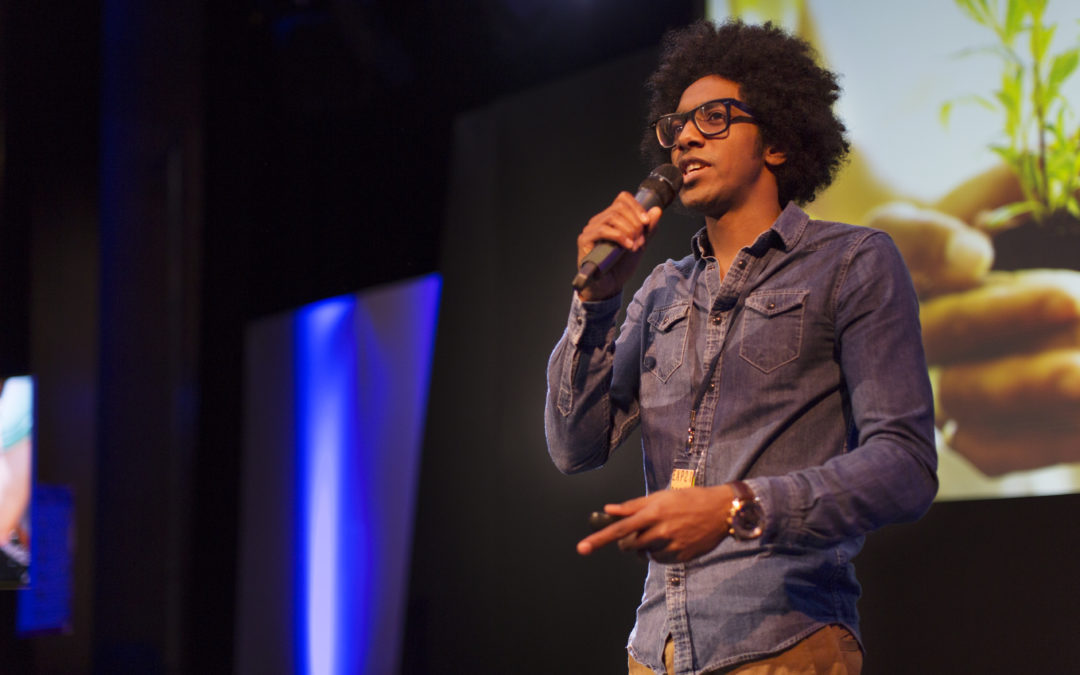Some say that “confidence equals knowledge plus skills,” but is that really the case?
I have pondered this a lot, and even professed its truth to rooms full of people. I do believe that for younger people, like the kids we work with at Viva Voce, it IS true. We see their confidence growing rapidly as they learn how to present and perform (gain knowledge) and become skilled at it.
But for our adult clients things are a little bit different. Sometimes I witness them developing their skill as a speaker, but still lack a feeling of confidence.
So what’s going on? Their inner critic undermines them. It says things like:
“Who are you to be giving this talk?”
“What do you really know?”
“Is this good enough?”
“Everybody thinks you’re boring”
“Don’t get emotional! You’ll lose your credibility!”
Interestingly, these kinds of thoughts are not ones we were born with but rather part of our conditioning. They are somebody else’s scripts, born from a place of fear and/or passed down from generation to generation. And yet we’ve internalized them so much so that they seem to be coming in our own voice. So much so that they seem to be our own beliefs. So much so that our self-worth has gotten tangled up in them. Because for many (myself too, once upon a time), it’s only a short leap, a quick and often unconscious mental jump from “Is this good enough?” to “am I good enough?”
A desire for “confidence” often ends up leading to a conversation about self worth. This is a place of extreme vulnerability. (And in this moment I gratefully acknowledge and celebrate every one of my clients who has bravely faced it with me!) While scary as all hell, this is also the critical Ground Zero place for growth. Because once we understand the link between confidence, thoughts, and self-worth, then we have the ability to do something about it.
What can we do about it?
Develop self-acceptance and self love. What this means is questioning those internal beliefs. As soon as we question a belief, it loses power. We turn those beliefs on their heads and find replacement beliefs that are actually OURS, and that support us. It means noticing what is, and accepting. Saying “It’s Okay!” and breathing. Abandoning perfectionism and accepting happily “good enough!” Accepting ourselves for all our little quirks, strengths and weaknesses. Instead of forcing change, pushing forward, we simply take a moment to pause, see what is, allow, accept, be with, and then…
“The curious paradox is that when I accept myself just as I am, then I change”
– Carl Rogers, Psychotherapist, 1961. On Becoming a Person: A Therapist’s View of Psychotherapy.
We change.
My own personal journey developing self-acceptance and self-worth has been both challenging and joyous, and without a doubt, the most important work of my life. I’m honoured to act as a guide for others as they tread a similar path, in their own journey.
- Committing to Action Despite Uncertainty: What Selling My House Taught Me About Leadership - May 2, 2025
- Celebrating Diversity with Book Recommendations - March 18, 2025
- Vocal Fry – What is it and how to fix it - February 7, 2025

